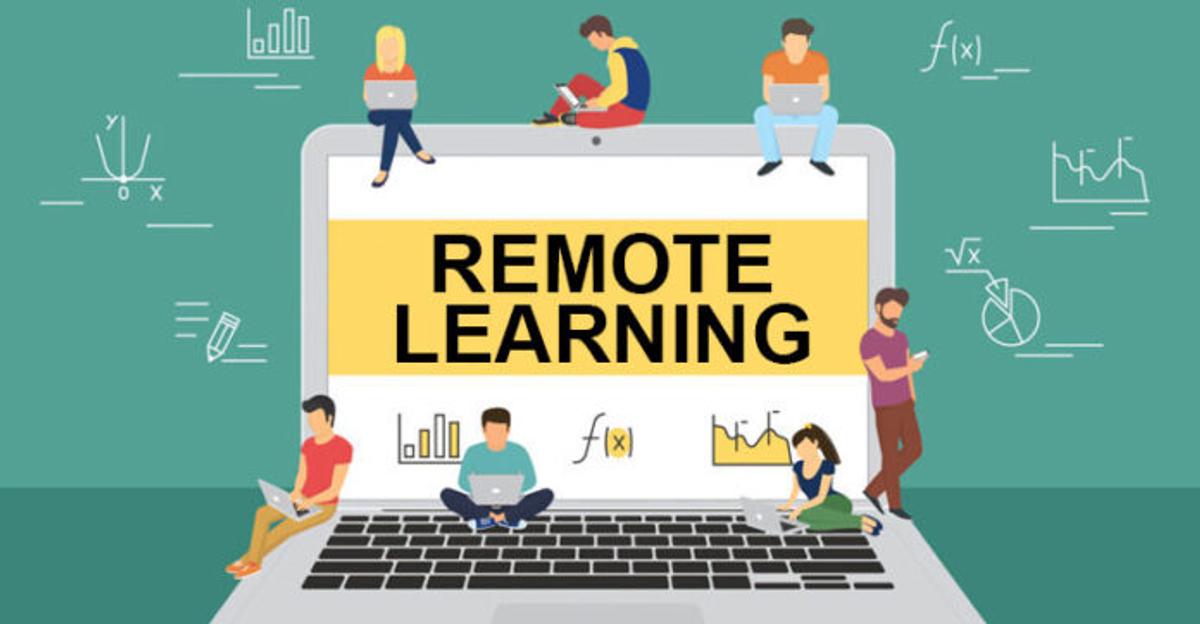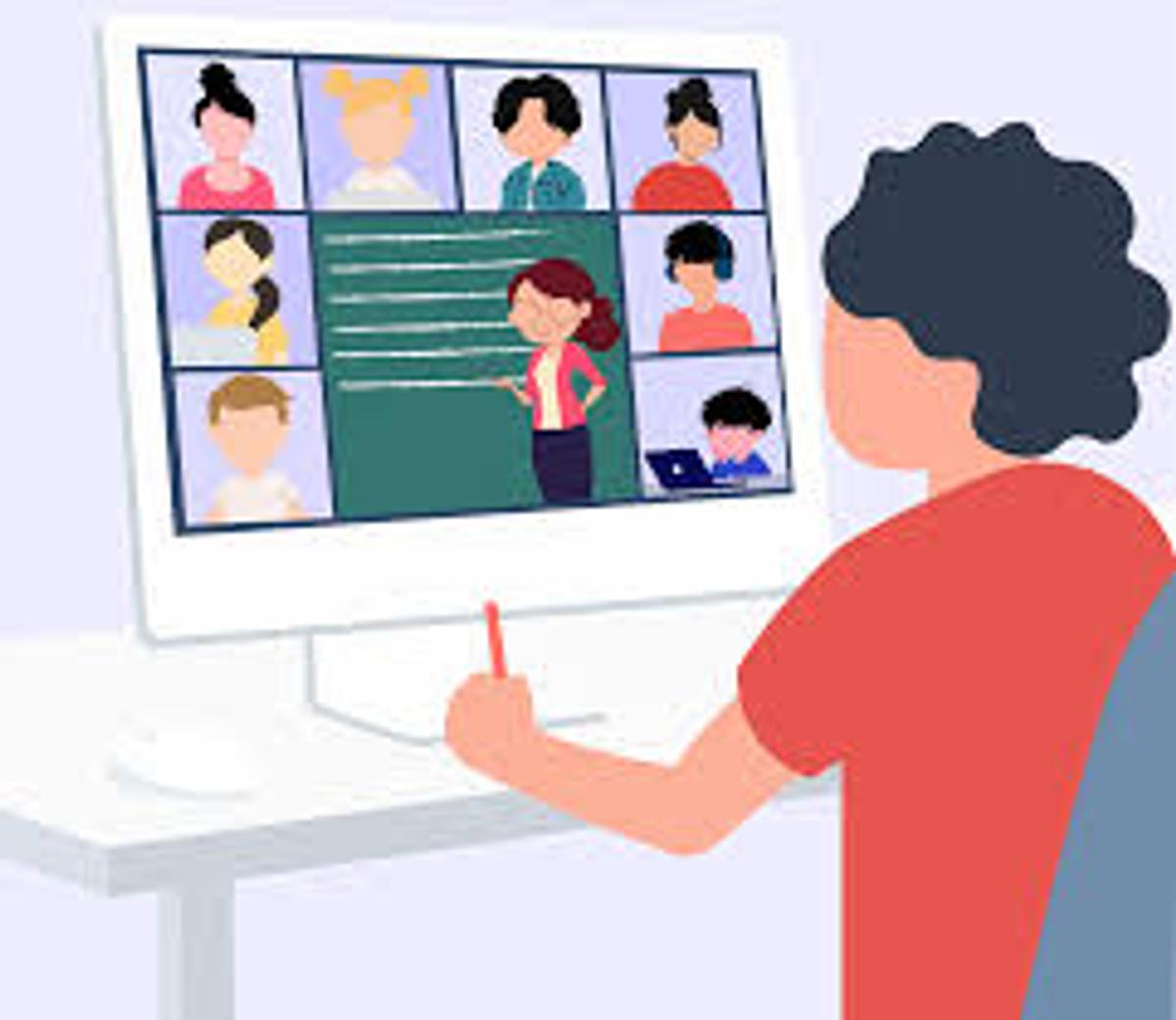Attendance
EVERY DAY COUNTS – IT’S NOT OK TO BE AWAY
Going to school every day is the most important part of a child’s education
Students learn new things at school every day – missing school puts them behind

Attendance
EVERY DAY COUNTS – IT’S NOT OK TO BE AWAY
Going to school every day is the most important part of a child’s education
Students learn new things at school every day – missing school puts them behind
Start typing your article in here


Remote Learning from home in a school setting
When you start to think about helping your child/ren to learn from home, remember that no one expects you to be a subject matter expert or teacher. The most important thing you can do is to continue to provide comfort, support and encouragement to your child/ren.
You can help your child/ren to learn from home by working with their school and supporting your child/ren as they undertake the activities provided.
How the school will support your child


Maintaining Attendance: Compulsory Zoom Sessions
It is important to remind our Parents/Carers & students of the attendance expectations during Remote Learning. Whilst we are in Remote Learning, students are to attend their compulsory scheduled zoom lessons each day.
Teachers in P-6 will be continuing to facilitate 2 daily zoom lessons to support our students and attendance during these lessons is important to maintain engagement. P-6 students - please continue to check your Seesaw account where the zoom links and work will continue to be posted.
Teachers in 7-9 will be facilitating daily zoom lessons to support our students and attendance during these lessons is important to maintain engagement. 7-9 students – zoom links and work will be posted on the student’s Compass account. During these zoom lessons, teachers will provide further explanation and understanding of the tasks required and allow students the opportunity to clarify any questions. These zooms also provide the opportunity for students to connect with their peers as well as their teachers.
Please note attendance will be marked during these lessons. Where a student is absent, Parents/Carers will need to provide an explanation via Compass. Where students have had a COVID-19 test or are required to self-isolate/quarantine, please inform the school via email. We ask that you please send a follow up email once you have received your results. Please ensure any absences for missed zoom lessons are logged on Compass. We understand there are various reasons why some students may experience difficulty when logging into their zoom lessons. If you are experiencing any difficulties or require additional support, please email your child/ren’s relevant teacher/s via Compass. Thank you for your ongoing support. The Executive Team
Find out if you should be tested for COVID-19 and where you can go to have the test done.
Everyone who is tested for COVID-19 helps us understand how the virus is spreading.
Follow the steps on this page to help protect yourself and others from the spread of COVID-19.
Step-by-step advice
Advice and resources for students about how to adapt your learning during coronavirus, to look after yourself and where to get help.
There’s been lots of change going on lately, especially to the way you are learning.Restrictions are still needed in some areas to help keep the whole community safe during COVID-19. There are also some changes at school.
Right now, it is hard to know how long these new changes will stay in place, or if more will be needed as the year goes on.
All these changes and uncertainty might make you feel confused, angry or overwhelmed. There are things you can do to look after your health and wellbeing. Remember, the kind of support you need may change as time passes.
It is also important to remember your teachers and your school community are there to support you. Your school should be a safe place to learn and somewhere where you can get extra support if you need to.
If things are getting too much, or you’re worried about someone at home, talk to a trusted staff member or another trusted adult.
It’s also good to check in with your friends, to see how they are feeling. If you’re concerned about another student’s wellbeing or safety, it is important that you tell a teacher or another trusted adult. This isn’t betraying a confidence, it’s one of the best ways you can look after a friend.
If the staff member is worried about your safety, or the safety of someone else, they will have to talk to the principal.
There are also lots of things you can do to look after yourself. You could:
There are also a whole bunch of great tips and resources online. You might find some of these links helpful.
For students The Mental Health Toolkit has advice and resources to support student mental health and wellbeing. This includes advice on positive mental health promotion, curriculum support, how to identify and access support as well as parent and student-specific pages. * In addition, the Quick Guide to Student Mental Health and Wellbeing Resources highlights the most relevant evidence-based resources for teachers, parents and students.
Help your children balance their time spent using digital devices for learning with physical exercise and offline learning tasks.
It’s important you keep a balanced approach to home learning. Time spent using digital devices for learning should be broken up with physical exercise and offline learning tasks often.
It’s also important that during this time of remote learning we maintain safe and responsible use of information and communication technologies.
For more information about being safe online, visit Bully Stoppers.
Wellbeing comes from physical, mental and emotional health.
For children and young people, there are many things that build positive wellbeing. Wellbeing can come from:
For more information, including wellbeing activities and conversation starters, visit: Looking after your child's wellbeing.
Changes in your child's mood and behaviour are a normal part of growing up.
While you know your child better than anyone, sometimes it can also be hard to know the difference between normal behaviour and potential mental health concerns. No one expects you to be an expert in mental health.
For more information, visit: Looking after your child's mental health.
Keeping active and eating well helps maintain your child's physical and mental health. It also helps with concentration, memory and problem solving.
For more information, visit: Keeping your child active and eating healthy.
You can follow tips for talking to your child about COVID-19. They include how to have a safe and reassuring conversation and links to resources to help you and your family.
Looking after your own wellbeing and mental and physical health is important.
If looking after yourself is challenging and you have concerns about how you are coping, support is available.
For more information, visit: Taking care of yourself.
Triple P – positive parenting is a online tool to help you:
The program is suitable for families with children between the age of 2 and 16 years, and is free for Victorians with a Health Care Card, otherwise there is a once-off fee.
The current pandemic has raised new parenting challenges for everyone. The program, funded by the Victorian Government, helps parents during these challenging times.
Find out more at the Triple P program website.
https://www.coronavirus.vic.gov.au/



